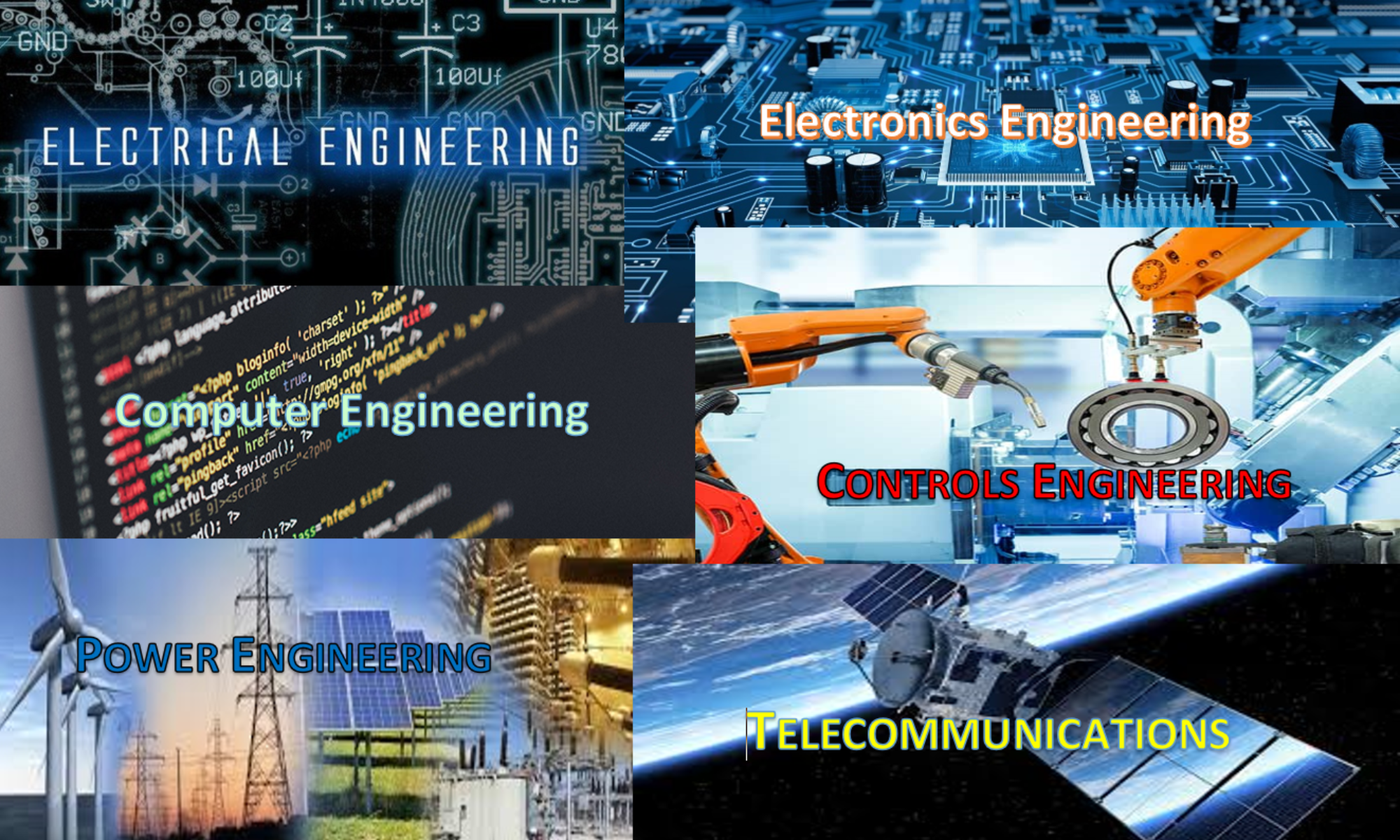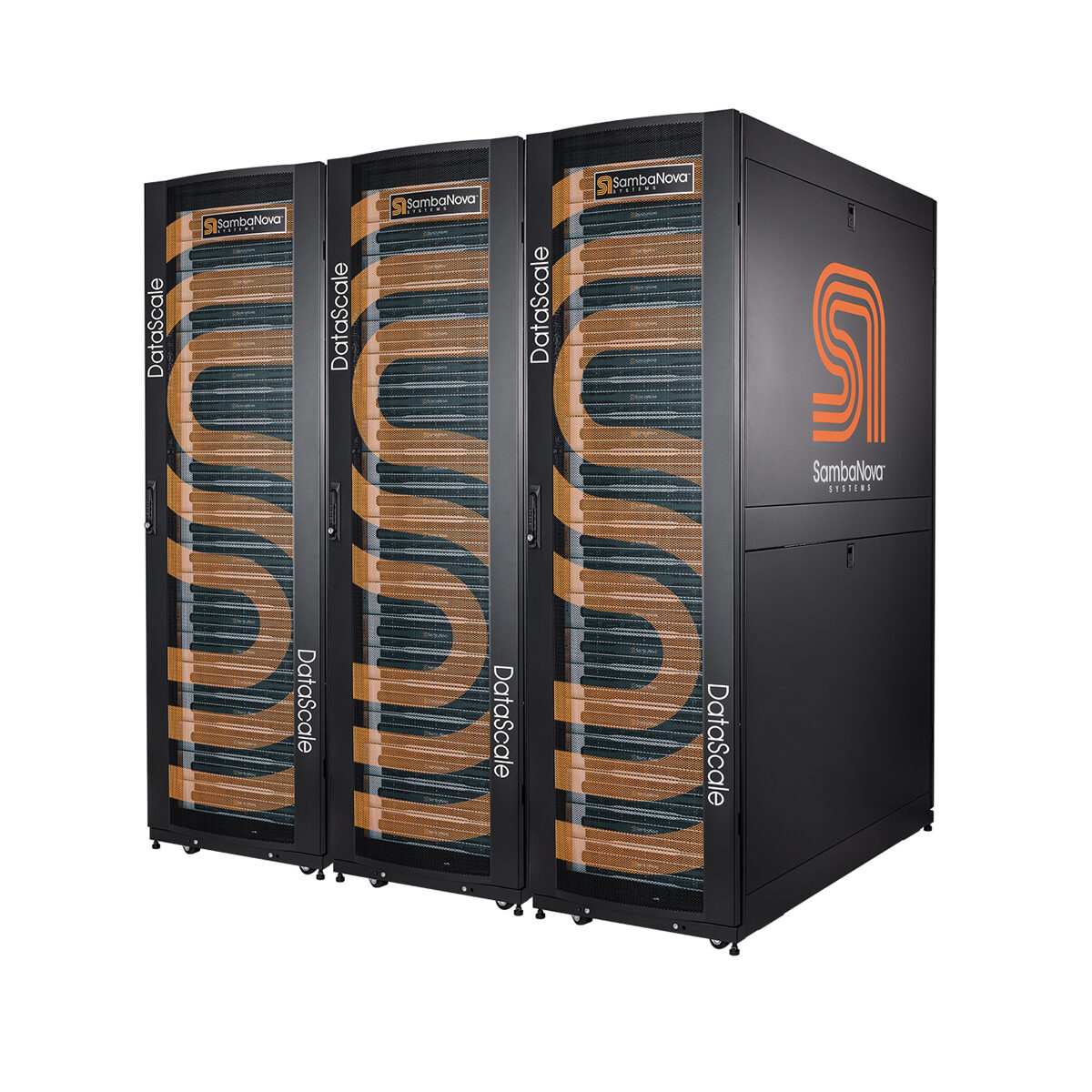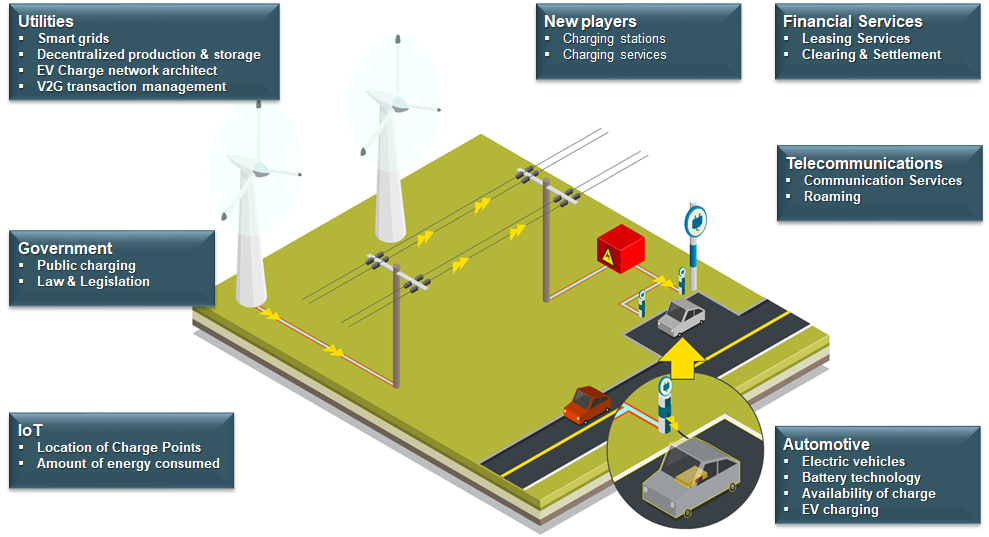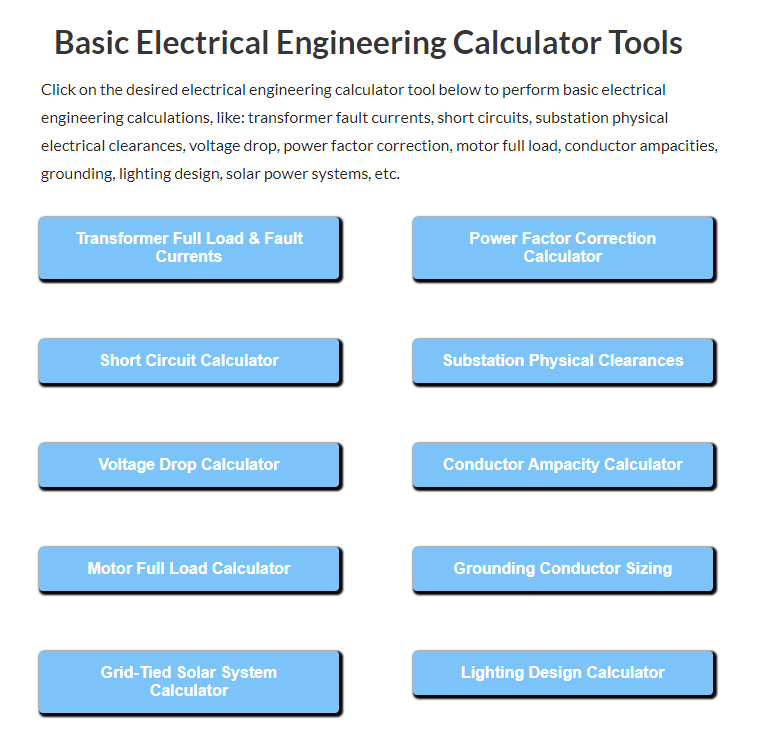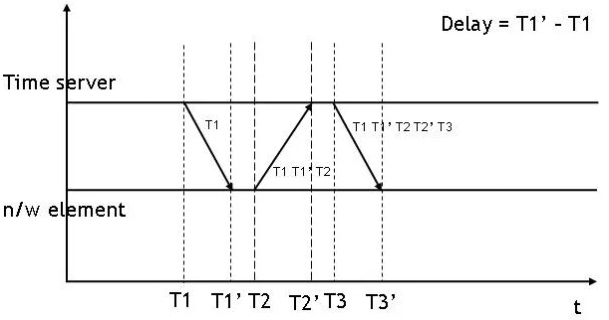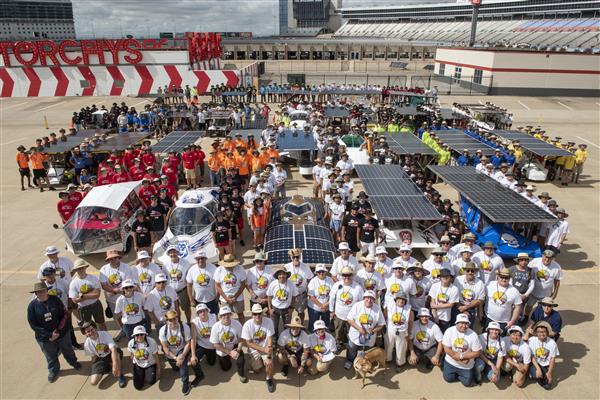EE Times – SambaNova, one of the AI chip startup “unicorns,” has emerged from stealth mode after three years to announce its first product, a system-level AI accelerator for hyperscale and enterprise data centers and high performance computing (HPC) applications. SambaNova’s business model includes selling various configurations of the DataScale rack-based system, as well as renting them out for a monthly subscription in an offering the company calls “Dataflow-as-a-service”.
Founded in Palo Alto, California in 2017, SambaNova has been in stealth mode until now, though the company has released some details about its “software defined hardware” chip architecture. The startup has raised $456 million in three rounds of funding to date, and is reportedly valued at more than $2.5 billion.
DataScale is built on SambaNova’s Cardinal SN10 reconfigurable dataflow unit (RDU) chip. SambaNova still hasn’t given away much about this chip, with VP product Marshall Choy telling EE Times only that each chip offers “hundreds of teraflops and hundreds of megabytes of on-chip memory with direct access to terabytes of off-chip memories.” Choy argued that SambaNova’s customers, to an extent, do not care about the details of the chip; they are buying or renting the rack-based system which is SambaNova’s first product.
